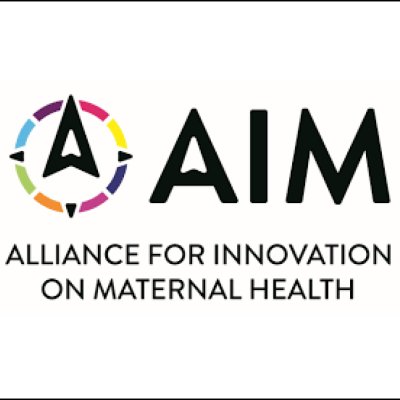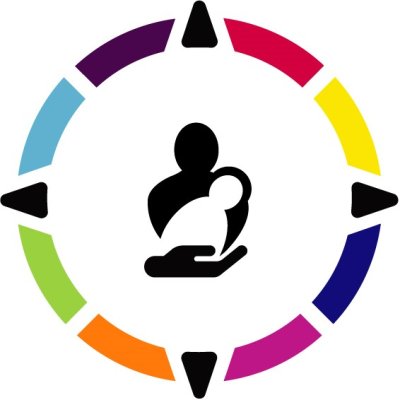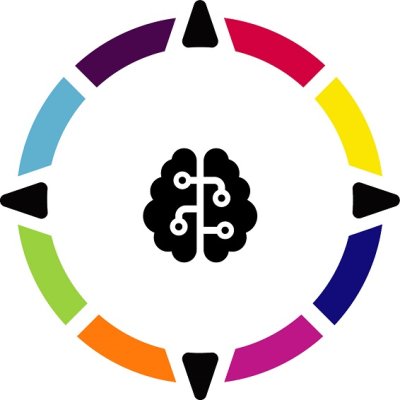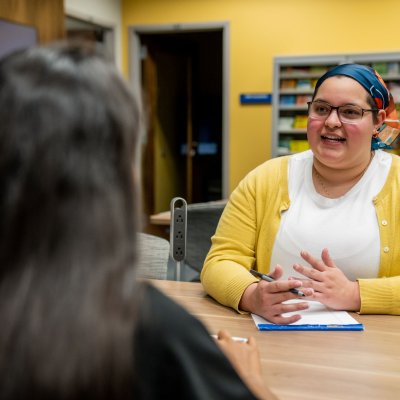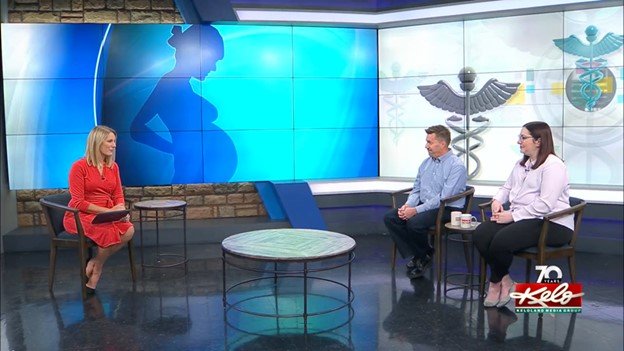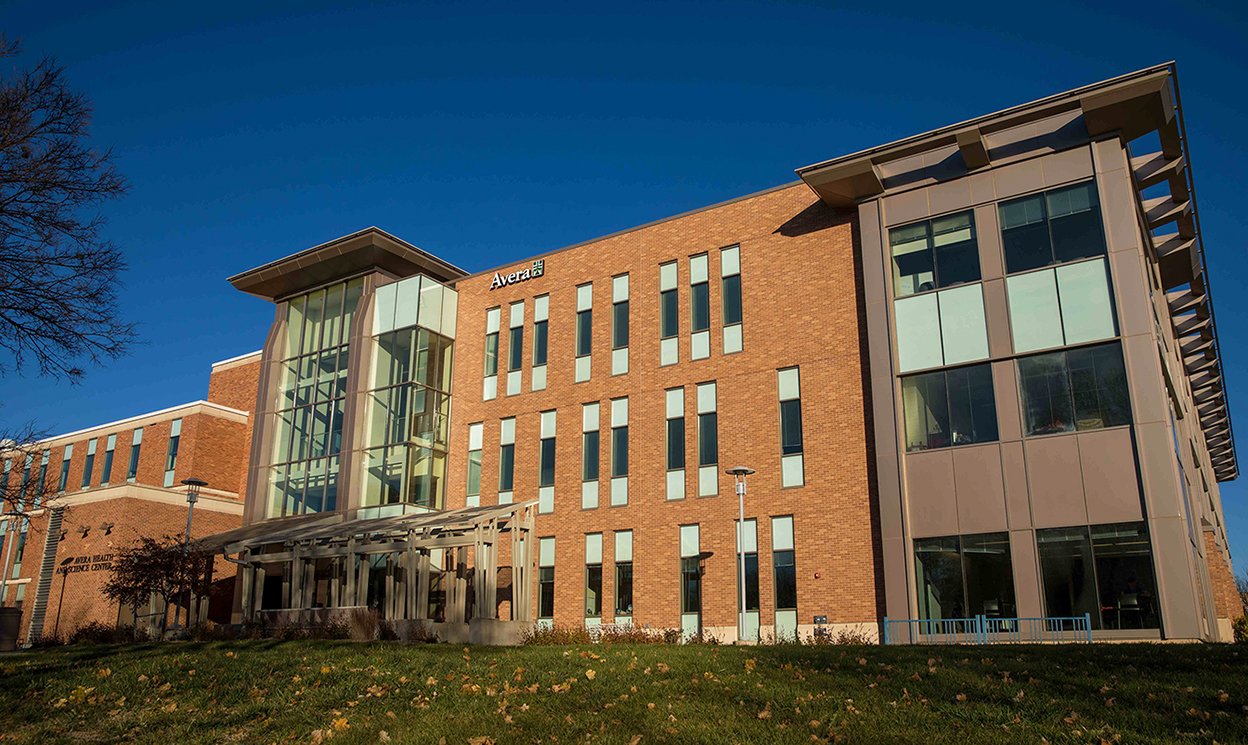
The primary goal of the BIRTH-SD program is to improve perinatal health outcomes for South Dakota's parents. There are currently two projects that fall under the BIRTH-SD umbrella: BIRTH-SD-AIM and BIRTH-SD-UNITE. All BIRTH-SD programs are housed within the South Dakota Perinatal Quality Collaborative.
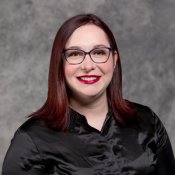
The BIRTH-SD programs are led by Ms. Stephanie Hanson, MPH, PMH-C. Hanson is an expert in maternal and child health whose research interests focus on the relationship between empowerment and the development of perinatal mental health disorders; she defines the perinatal period as being from preconception (the time when someone actively decides to try to become pregnant) through five years following the birth of a child. She is particularly interested in understanding how empowerment can be used to prevent the development of perinatal mental health disorders. Stephanie is more broadly interested in maternal and child health and mental health.
Learn more about BIRTH-SD-AIM and BIRTH-SD-UNITE
BIRTH-SD-AIM
BIRTH-SD-AIM (seeks to improve the state of perinatal health in South Dakota by conducting research and implementing Alliance for Innovation in Maternal Health (AIM) patient safety bundles at hospitals and birthing centers across South Dakota. The project has two priority areas for research and bundle implementation: perinatal mental health and perinatal health and substance use disorder. In addition to working with South Dakota hospitals on implementation of maternal health bundles, research activities for BIRTH-SD-AIM including conducting focus groups and completing photovoice work. The 4-year project is funded through an $800,000 grant from Health Resources & Services Administration (HRSA) focused on implementation of AIM patient safety bundles.
BIRTH-SD-UNITE
BIRTH-SD-UNITE will document traditional birthing practices and ceremonies to prevent further loss of sacred practices from American Indian culture. We will work with the nine tribes of the land now called South Dakota to document unique birthing practices and ceremonies to create a written record which will be 1. shared back to each tribe for their preservation, and 2. be used to educate South Dakota providers. The 1-year project is funded through a $10,000 through the Wokini Challenge Grant program at South Dakota State University.
BIRTH-SD-UNITE goals
An undergraduate American Indian student at SDSU will develop a mentored relationship with Stephanie Hanson. Through this mentorship, and by the end of Year 1, this student will learn to engage in and conduct evidence-based public health research activities to collect qualitative data about birthing practices and ceremonies of the nine tribes in South Dakota.
A literature review will be completed within the first six months of the grant period to review existing literature about culturally relevant birthing practices connected to the tribal nations in South Dakota.
A minimum of nine semi-structured interviews will be conducted with the intent that at least one interview will occur with an individual from each tribal nation by the end of the project period.
By the end of the project period, a formal set of recommendations will be developed to advise hospitals operating outside of tribal lands on how to best incorporate traditional birthing practices.
By the end of the project period, information collected through interviews will be shared with representatives from each of the nine tribes for preservation.
BIRTH-SD News
Our Partners
BIRTH-SD Team
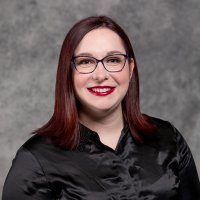
Stephanie Hanson
Assistant Professor
Department of Allied and Population Health
Community Practice Innovation Center

Keri Pappas
Temporary Research Associate I
Department of Allied and Population Health
Community Practice Innovation Center

James Amell
Julie Stevens & Dale Evenson Endowed Associate Professor/Interim Dept. Head
Department of Allied and Population Health
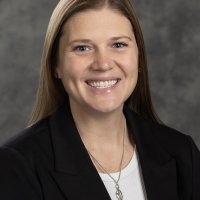
April Nelsen
Clinical Assistant Professor
Department of Allied and Population Health
Medical Laboratory Science
Student Researchers
Diana Leal
Mandy Cadotte
Chandana Kamaraj
Delaney Wilson


